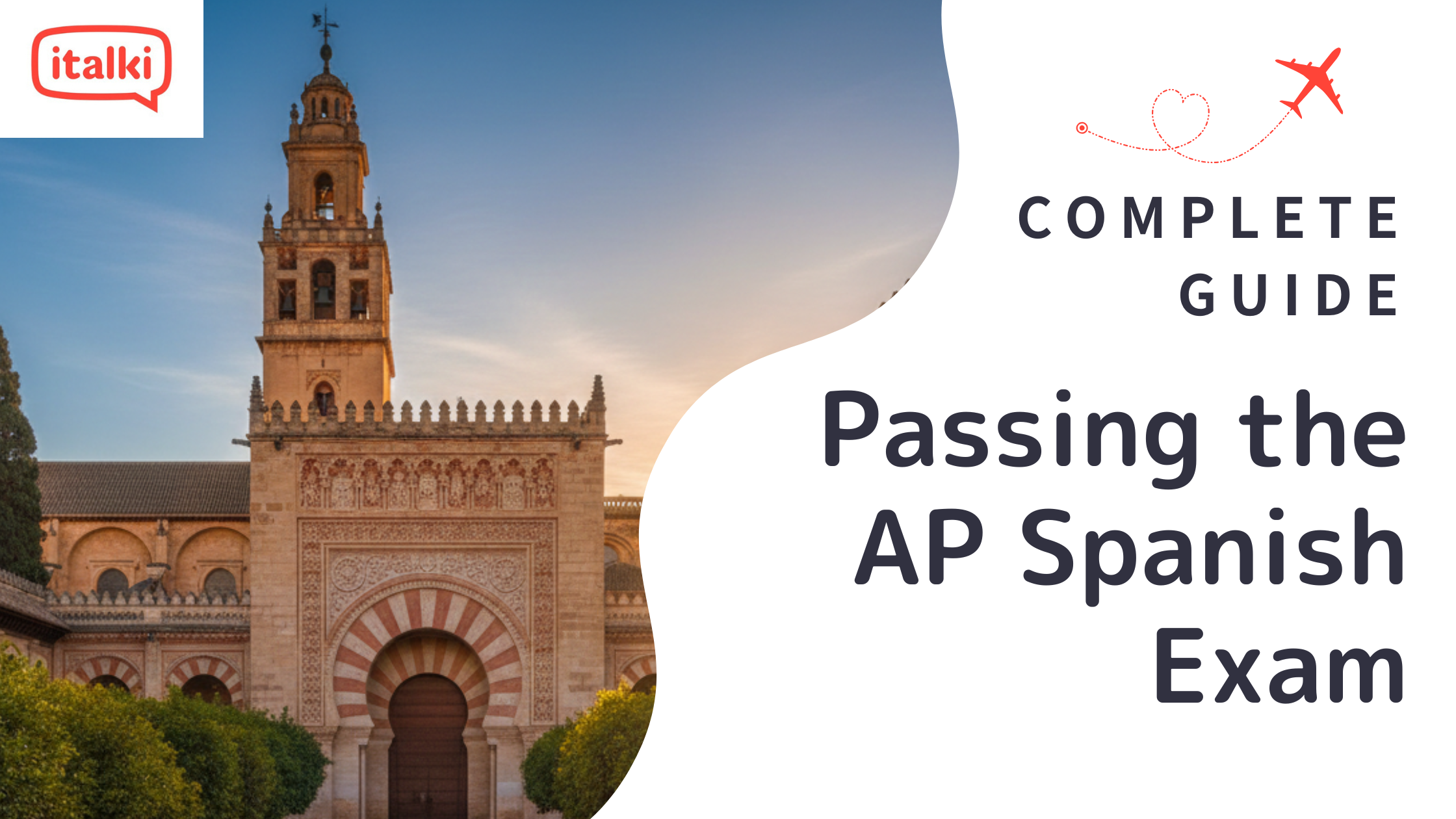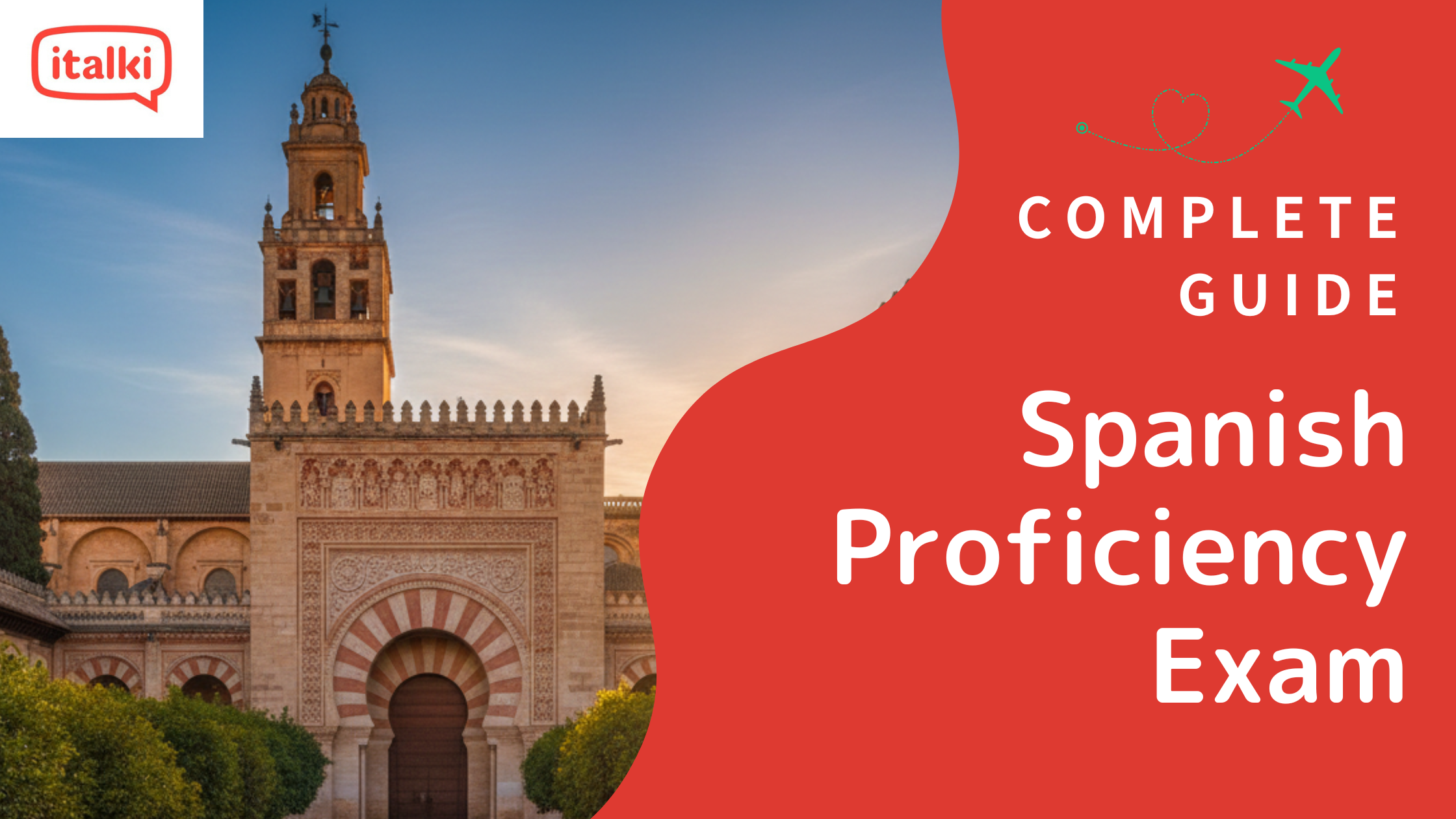A comic makes people laugh by saying amusing things. A comedian makes people laugh by making anything funny, even if it isn’t funny in and of itself. For example, they make mundane (but amusing) things we do in our daily lives sound amusing. Which do you believe is the more difficult task?
Humor is an essential component of any culture. Laughing together brings us closer together and gives us something to talk about with friends and strangers alike. A joke is the best way to share something amusing.
A joke is a lighthearted statement or story. Understanding a joke as an English learner is a significant step towards understanding English as a native speaker. Jokes are all around us these days, thanks to the Internet.
Finding funny jokes in English can help you understand English conversations for beginners. The internet is full of English jokes and funny statements. Explore them and have a burst of a good laugh while studying.
What constructs a good joke?
A typical joke has a setup and a punchline. The setup introduces or sets up the scenario or story, providing any information required to understand the funny part. The punchline is the most amusing part.
There are various types of jokes, and you may not find them all amusing. A good joke, in general, presents information in an unexpected way. Some make light of serious subjects, while others make light of silly ones. Jokes usually make use of current events or universal topics that everyone can understand, such as marriage, work, school, or friends.
Not every joke is a good one. Some jokes are hurtful and can make people feel bad. Some people use stereotypes, which are general statements about people that aren’t always true. Understanding why these jokes are offensive or what makes them funny (even if you don’t think they’re funny) indicates that you’re getting closer to understanding English like a native.

Learn English on italki
Join the global community of language learners today! Sign up for italki and start improving your language skills with native-speaking teachers from around the world.
Create an italki account
How can you learn English through jokes?
Because jokes frequently have multiple meanings, they are an excellent English learning tool. To understand a joke, you must first comprehend: the vocabulary used in the joke, certain words have different meanings and references to pop culture or culture in general.
It’s okay if you don’t understand English humor right away, but don’t give up! There are numerous things you can do to improve your understanding of jokes, such as watching comedies and popular sitcoms. You can learn English through TV series and what’s better than learning it through funny series?
Films and TV shows are filled with quips, jabs, and gags to give you a better idea of what’s considered funny in English.
Tips to learn through funny jokes in English
– Look up people’s names. Look up any names mentioned in a joke on Google. Jokes about Trump, Target, or Hamburger Helper are more amusing if you know who or what they are.
– Look up the definition of a word in the dictionary. Many jokes make use of words that have more than one meaning.
– Look up words in the dictionary. Because many jokes are short, it’s critical to understand every word.
4 types of funny jokes in English
Traditional jokes
Traditional jokes are those that have been around for a long time. They are no longer as popular as they once were due to the Internet, but they are still considered “classics.” Traditional jokes typically take the form of a short story or a question and answer.
Among the most well-known traditional jokes are:
Chicken and the Road jokes
“Why did the chicken cross the road?”
“To get to the other side!”
You expect a funny response to the question, but the answer is quite obvious. He’s obviously crossing the street to get to the other side. Why else would he be crossing the street? Some people also refer to “the other side” as death, because it will die while crossing the road.
Knock knock jokes
The punchline in these jokes is created using word sounds. The questions are always asked in the same order. Someone says, “knock, knock,” and someone else says, “Who’s there?” The knocker then announces who is at the door. This could be anything, such as an animal, a thing, or even a sound. The knocker then repeats the sound with the question word “who?” before delivering the punchline.
A: “Knock, knock.”
B: “Who’s there?”
A: “Lettuce.”
B: “Lettuce who?”
A: “Lettuce in, it’s cold out here.” (“Lettuce in” sounds like “Let us in.”)
One-liner jokes
A one-liner is a sentence or line that contains only one word. Because it is so short, it is critical that you understand every word or you will miss the meaning.
Watch some videos of the late comedian Mitch Hedberg for some great one-liners. Consider the following:
“I tried to walk into Target… but I missed.”
Target is both a store and an object that you strive for. Many one-liners, including this one, contain puns. A pun is a wordplay, such as using a word in an unexpected way. For example, saying something is “very punny” is a pun… but it’s also funny.
If you don’t understand why a one-liner is funny, look it up in a dictionary. Is there more than one interpretation? Is it used in a different context? Search Google for any unfamiliar names or references.
In fact, watching these one-liner jokes can help you develop an American English accent and a British English accent depending on what you are watching.
Anecdote
An anecdote is a brief story about something that happened to you or someone you know in the past. They’re funny because they’re true.
To understand anecdotes, you must “put yourself in someone else’s shoes,” which means imagining yourself as the person in the anecdote. It also helps to understand how people behave, because anecdotes frequently depict people doing unexpected or silly things.
Here is an example of an anecdote:
“When the coffee shop clerk asked for his name, my brother-in-law answered, ‘Marc, with a C.’ Minutes later, he was handed his coffee with his name written on the side: Cark.”
You may already be aware that when you order a drink at Starbucks, your name is written on the cup so that you can be called. Marc pointed out that his name is spelled with a “C” because it is usually spelled with a “K” at the end, such as “Mark.” Instead of writing “Marc,” the clerk wrote Cark… which makes no sense.
Parody jokes
A parody makes fun of something by humorously copying it. The popular late-night show “Saturday Night Live” makes fun of current shows, movies, and current events through parodies. Weird Al Yankovic, a comedian, creates song parodies by using the same music but changing the lyrics. For example, Weird Al’s song “Tacky” borrows music from Pharrell’s “Happy.” It even mocks the music video.
Understanding a parody usually necessitates knowledge of the original. The original can be found by searching Google for “what is (song, joke, skit, etc) a parody of?”
Learn English with italki
Learning English through TV series and jokes can be helpful but it cannot make you a fluent English speaker solely. You need to learn English through a language-learning platform if you want to sound like a native.
Looking for an English teacher? Check out italki. Here, you will find professional English teachers according to your pocket, desired learning style, and schedule. This platform is known for its flexible learning approaches that are highly valued at present times. Book your lessons today and become a pro at English!

Find Your Perfect Teacher
At italki, you can find your English tutor from all qualified and experienced teachers. Now experience the excellent language learning journey!
Book a trial lesson
Conclusion
You can definitely learn English through jokes as there are different types of jokes in this language. You need to understand why these jokes are funny and how they are playing an important part in improving your English vocabulary and pronunciation.
Book your lessons with italki without any delay and make your trip to English-speaking countries even more interesting and fun-filled.
Want to learn a language at italki?
Here are the best resources for you!
Popular English lessons
- English speaking lessons
- English lessons for kids
- Business English lessons
- English grammar lessons
- IELTS lessons
- TOEFL lessons
- CPE lessons
- TOEIC lessons
- BEC lessons
- PET lessons
- ILEC lessons
- KET lessons
- FCE lessons
- CAE lessons
- Duolingo English test preparation lessons
People also learn














